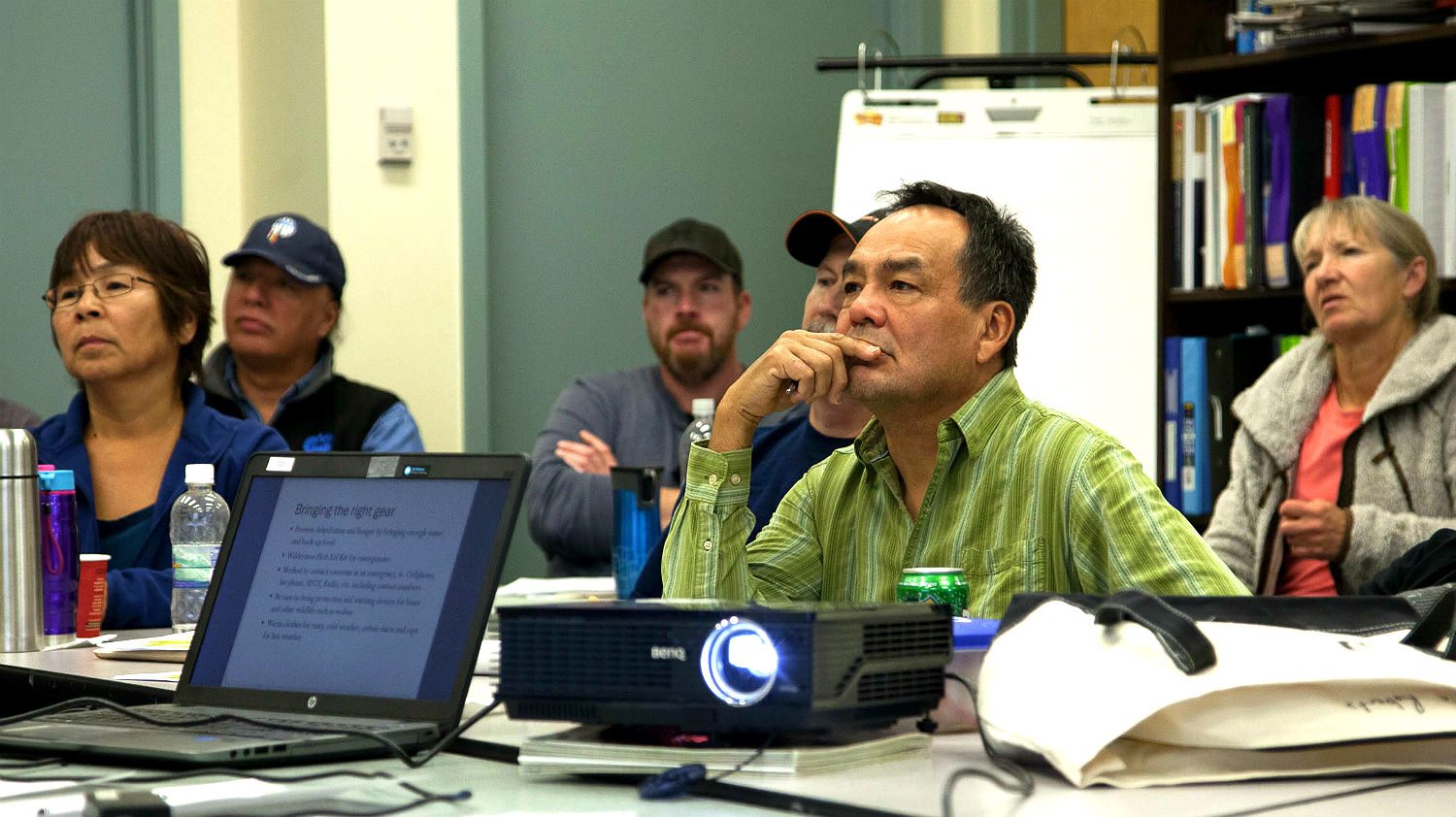“You either have this curiosity and this gold fever or you don’t.”
Jessica Bjorkman may be leading a prospecting course, but she still believes some of the industry’s basic ingredients cannot be taught.
“That’s what you need to have,” she tells Moose FM. “You really don’t need to know a lot about rocks.
“You just have to get excited by rusty things, sulphides and quartz veins. If you can do that, you can be a prospector.”
Bjorkman has been a full-time prospector since the age of 19, following in her father’s footsteps. Much of her work now takes place in Ontario but she has worked as far afield as Norway.
In September and October, she is leading a series of three two-day courses to introduce northern residents to prospecting.
Background: Mining is essential to the NWT, but is the conveyor belt broken?
More: Programs from the Mine Training Society
The first course, in Yellowknife, took place last weekend. One day is spent in the classroom; the second is a day of fieldwork on land owned by TerraX around Ranney Hill.
“We can’t cover everything in a weekend,” admits Bjorkman. “What we’re doing is hopefully getting someone interested in prospecting. They’re going to go out and learn a lot – hopefully it’ll get them started.”
Did anyone show promise?
“There were a couple of people. One fellow found some nice valleriite in a quartz vein we were looking at. Valleriite is a sulphide with zinc in it. In the area, valleriite has been known to be carried with gold. In this area, that was a good thing.”
Course number two begins in Behchoko on Tuesday, with one remaining course scheduled for Yellowknives Dene beneficiaries in Dettah this coming weekend.
However, prospects for prospectors are currently uncertain. The Canadian mining industry has slowed, investors are wary, and jobs could become harder to find.
“Our industry is very cyclical,” acknowledges Bjorkman. “If you can’t cope with that, you shouldn’t be in the industry. We don’t know where our work is coming from tomorrow.
“It’s sort of a blind faith, but you know the industry will eventually turn around. And when it does, you can never find enough people to work.”





